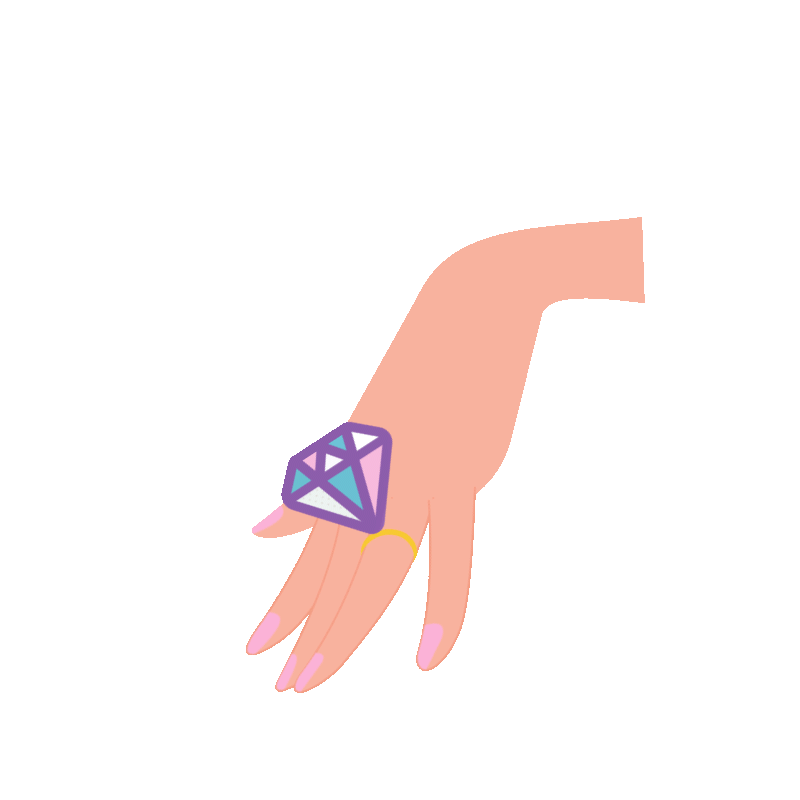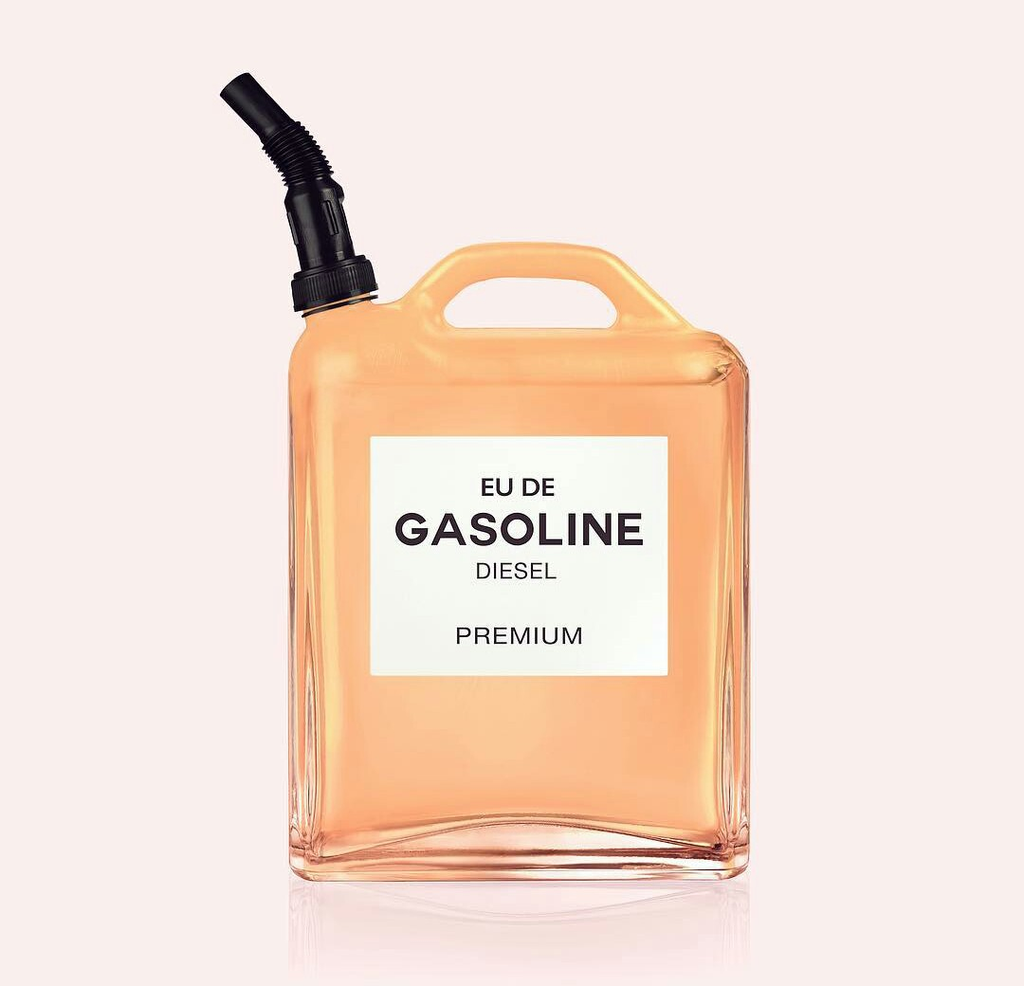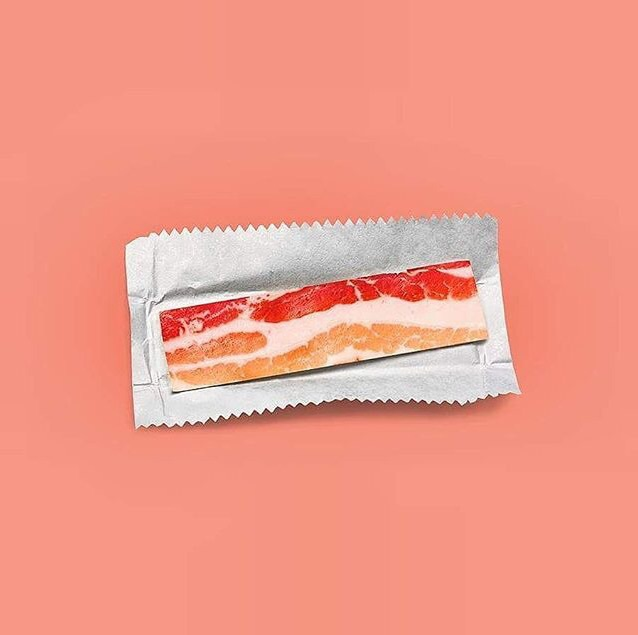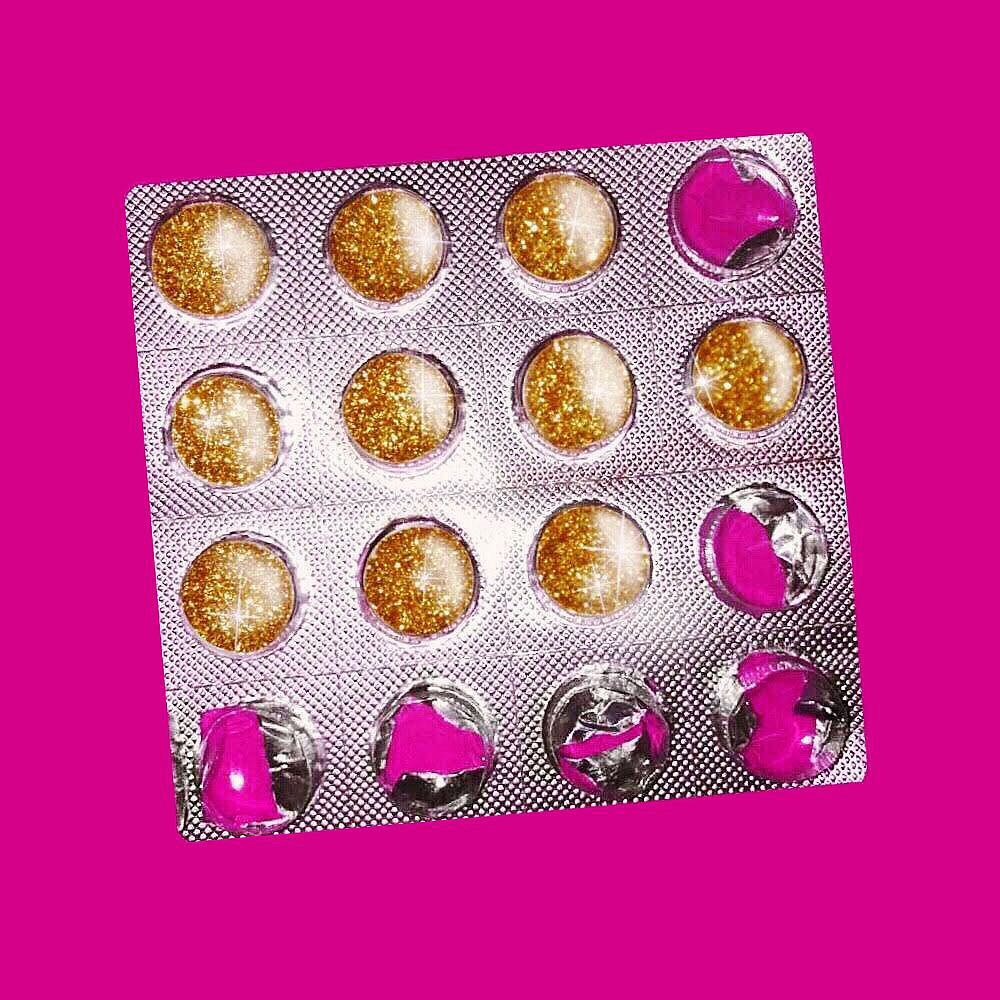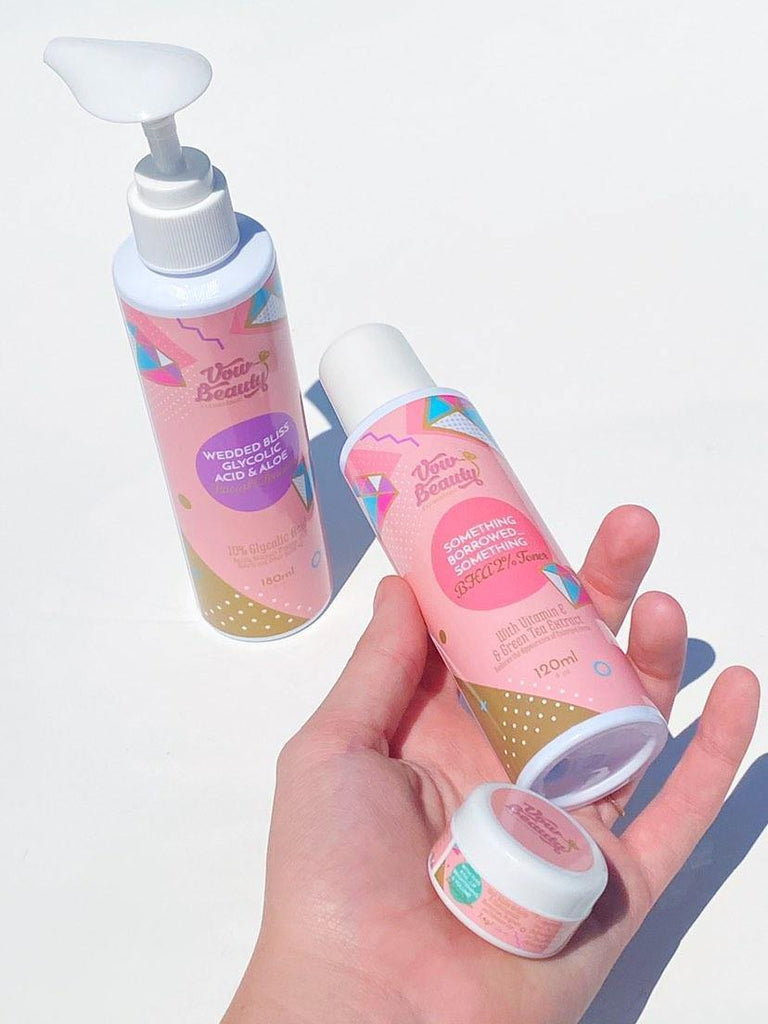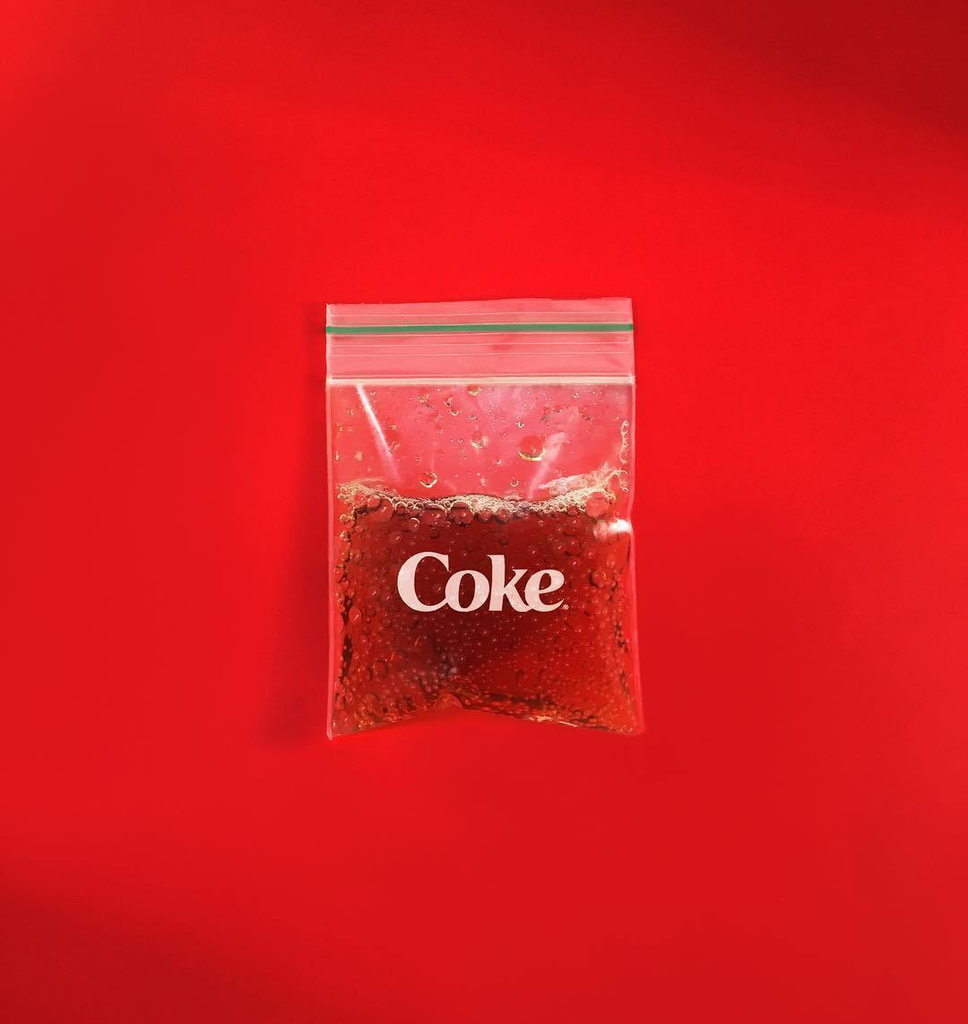-
Is Petroleum Jelly Dangerous?
📸 c/o Paul Fuentes Petroleum jelly is an ultra moisturizing occlusive best suited for lips and the skin on the body (excluding the face if you have oily, acne prone skin). But is it safe? According to The Environmental Working Group, 1 in 14 beauty products contain petroleum. Petroleum found in these products is typically United States Pharmacopoeia (USP) grade of the highest purity... -
Processed Meat Skin Connection
Photo Credit: Dan Cretu Processed meats like bacon, sausage, hot dogs and some cold cuts have been linked to an increased risk of cancer according to the World Health Organization. They can also negatively impact your skin. Studies have shown that the sodium nitrates used to preserve processed meat may trigger collagen and elastin breakdown causing premature aging. -
Vitamin C Glow!
photo credit: instagram.com/max164 We all know that Vitamin C is amazing topically, but have you considered taking it internally? If not, you should! According to the Mayo Clinic Vitamin C increases the absorption of iron, lowers your risk of developing cataracts and may lower your risk of many types of cancer. While ingestion of fresh fruits and vegetables rich in Vitamin C is... -
Oily Skin Routine
Cleanse, Exfoliate, Moisturize! Beta Hydroxy Acids- namely Salicylic Acid at a concentration of 2%- has been proven to be a game changer for oily, acne-prone skin. Salicylic Acid is a chemical exfoliant that sloughs off dead skin, blackheads, white heads and clears pores. Due to its potential irritating effects, it is best used alone and not in combination with other leave-on exfoliants.... -
Sugar Skin Connection
Photo Credit: Tommy Bordonaro Hooked on the sweet, bubbly stuff? A can of Coca Cola contains 39 grams of sugar. When sugar is consumed, a sugar molecule attaches itself to other molecules in the body (like collagen!) causing those molecules to become stiff. This natural process is known as glycation. Excessive glycation occus when high amounts of sugar are ingested- leading to collagen and...


